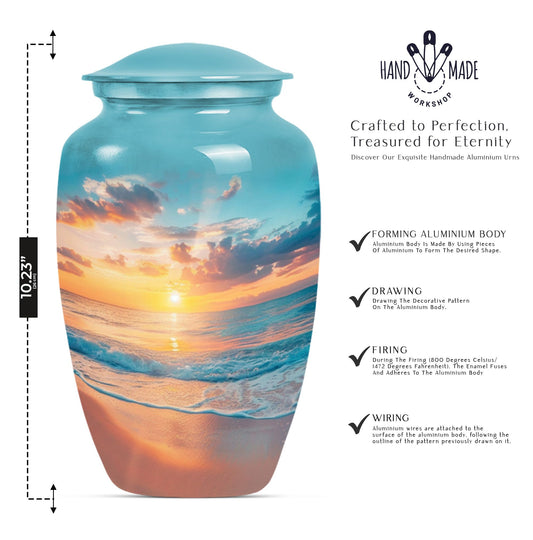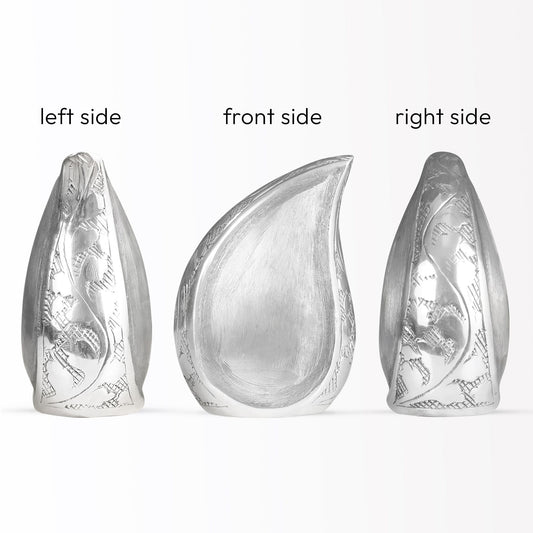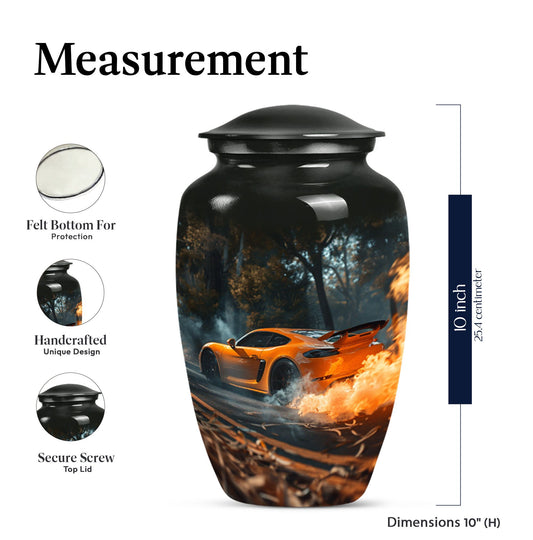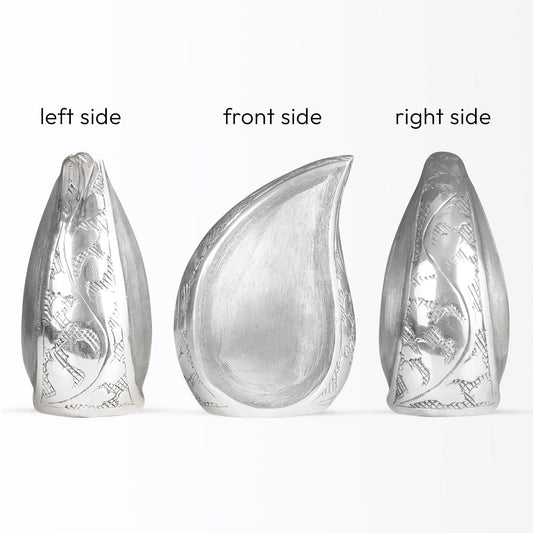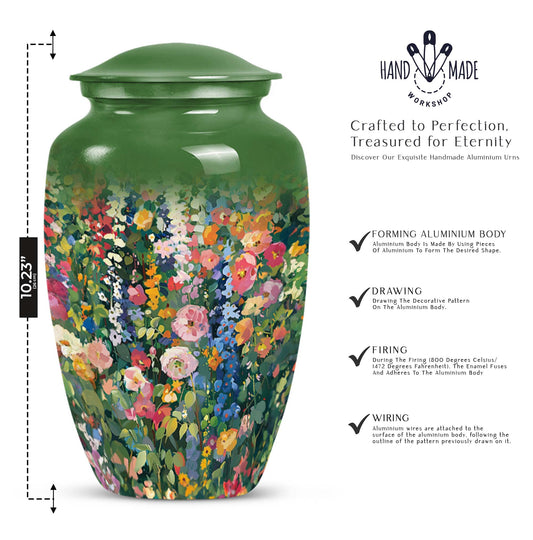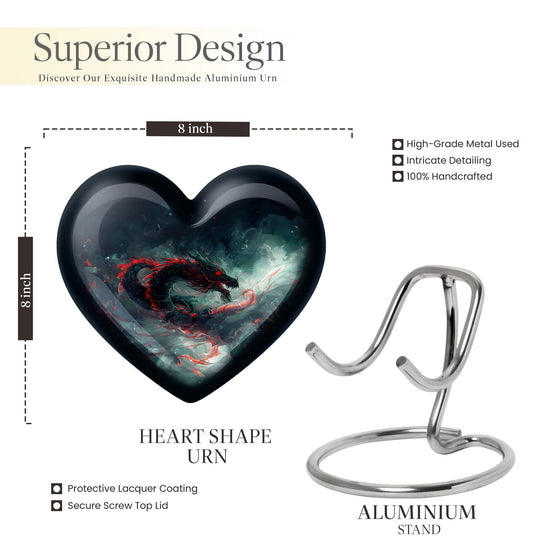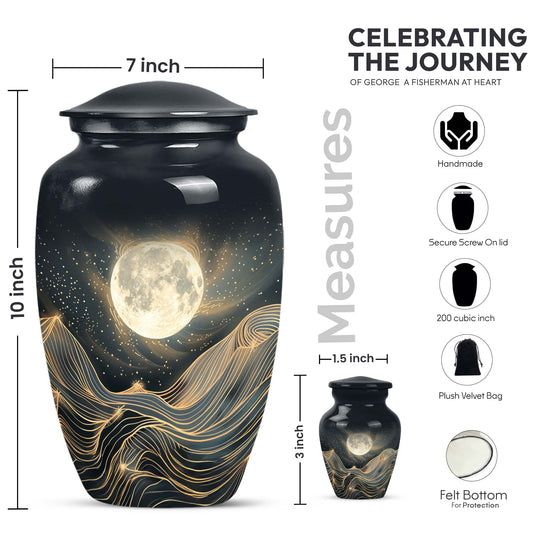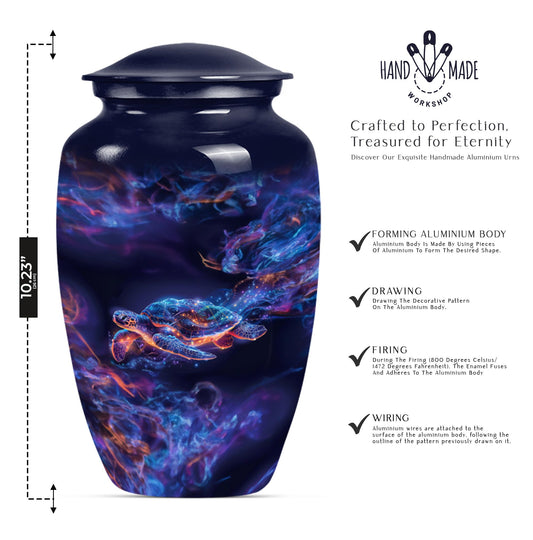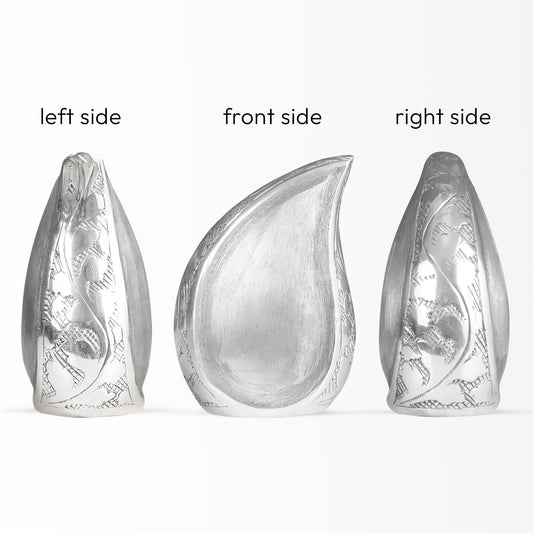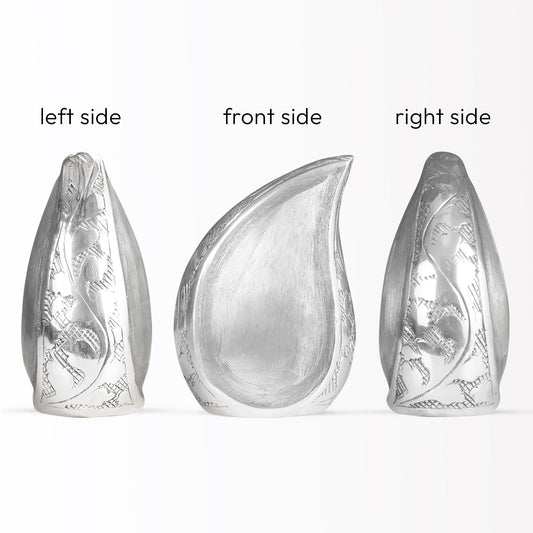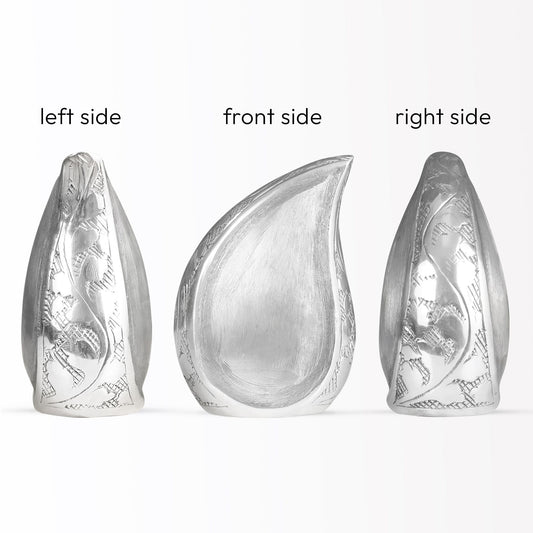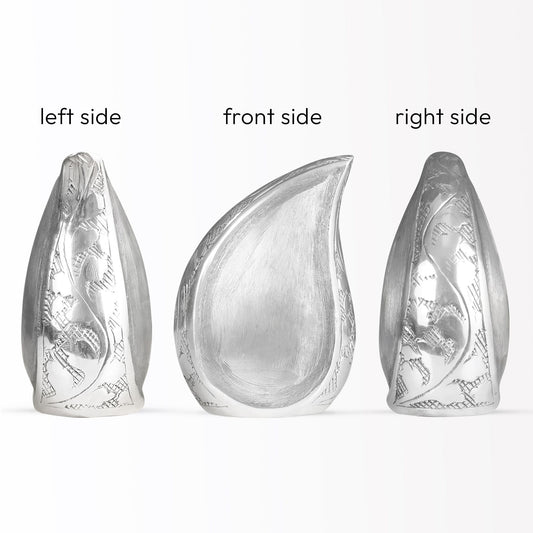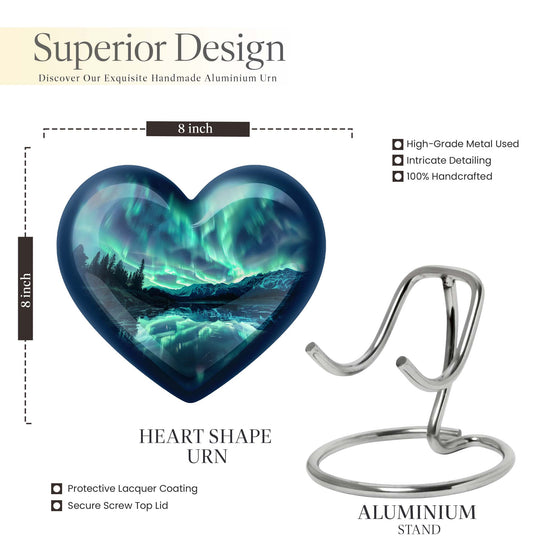Popular Urns
Legal Aspects Of Cremation Practices In Nevada, US

Legal Framework for Cremation in Nevada:
Nevada is among states which has various state laws outlining what governs the cremation of deceased. These laws protect the rights of dead individuals and their families since they establish public health and safety measures about the process of cremation.
There are some legal documents that need to be completed before cremation in Nevada can be performed. First, the cause and manner of death must be confirmed with a certified death certificate. Second, there must be a cremation authorization form signed by the next of kin or representative of the deceased, with explicit consent to allow the cremation to continue. In cases where the death of the deceased was sudden, accidental, or suspicious, the said office of the coroner must give clearance before cremation occurs.
Waiting Period:
The law in Nevada requires that cremation should not be performed within 24 hours following death. This waiting period is important because it enables the completion of any outstanding investigations or legal procedures to be finalized. It will also give the family enough time to finalize all the preparations.
Special circumstances, however, are exempt from this rule and require the approval of certain legal bodies.
Licensing and Operation of Crematoriums:
Management of Cremated Remains:
After the cremation is complete, guidelines about how the remains or ashes should be treated and disposed of apply. The families of Nevada can have their ashes interred in a cemetery, place them in a columbarium, scatter them in a meaningful location, and take them home in a cremation urn. This state of law in Nevada allows for scattering of ashes on private properties with owner consent and other public spaces, like parks or open lands, with no ordinance against such practice. Scattering is permitted over water bodies but could necessitate checking the local authority regulations for the environment.Preplanning and Costs:
Increasingly, preplanning of cremation in Nevada is permitting people to specify their wishes and ease the burden on their families. Typically, funeral homes and crematoriums have a prepayment plan that will hold the current price and itemize what services are included, such as transportation, cremation fees, and selection of an urn. The costs of cremation in Nevada are different according to the services, but it is less expensive than traditional burial. In short, very importantly to review this agreement, ask questions that make the family avoid future expenditures.

Environmental Concern:
Although cremation seems better for the environment relative to traditional burial, such cremation still has negative implications with regards to the ecosystem mainly because of energy use and emissions. To answer all these concerns, some crematoriums in Nevada take up the new technologies developed; among them is a method called alkaline hydrolysis, or sometimes called water cremation, wherein water and chemical dissolution are utilized to degrade the remains, thus making it even greener compared to others for the environmentally-conscious individual.
Conclusion
There is an expansive code governing cremation in Nevada that is drafted in such a way that it sustains dignity and respect along with safety. Familiarizing oneself with the codes shall enlighten families when it matters most, making those momentous decisions.
Pragmatic, environmental, or personal reasons notwithstanding, cremation still remains one of the best regulated yet meaningful decisions that can be made for loved ones in Nevada.



